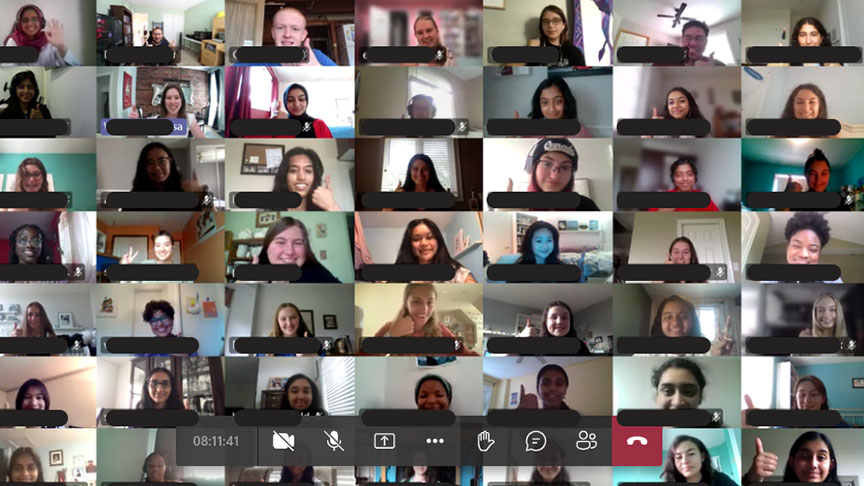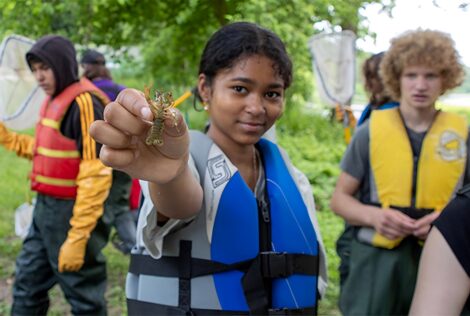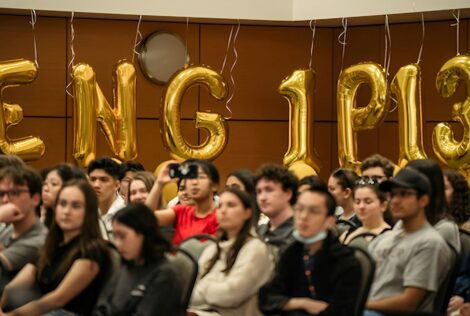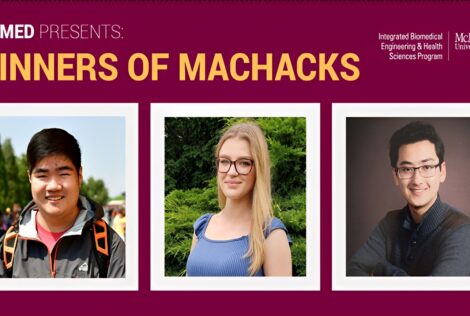
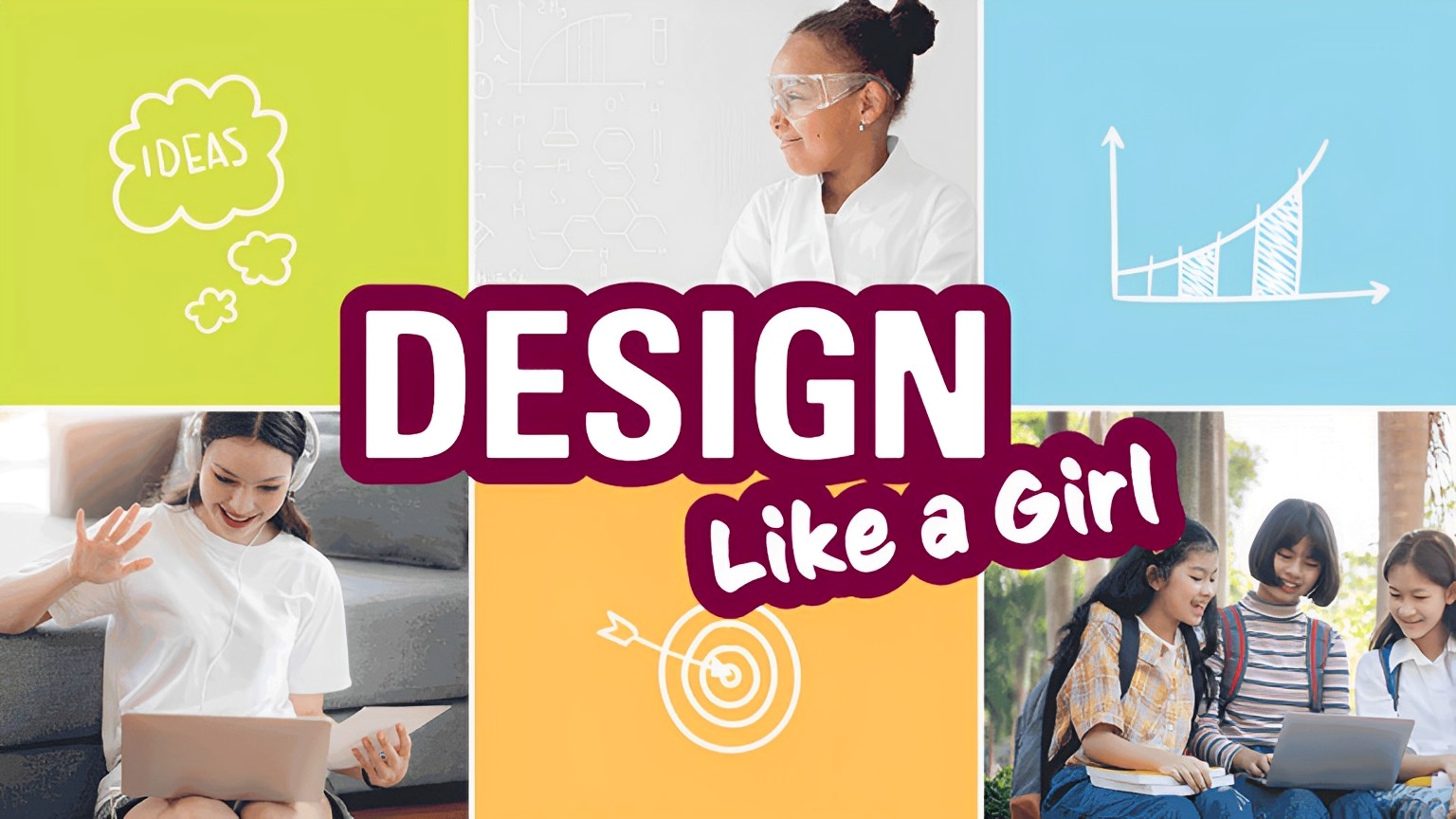
On July 28 and 29, almost 200 female-identifying high school students across Ontario participated in Design Like a Girl. This virtual, two-day event covered various topics related to STEM.
The gender gap in STEM is immense with women comprising of only 22% of engineers-in-training (EITs) in 2019, and overall only 17.9% of newly licensed engineers were women (Engineers Canada Report, 2020). Design Like a Girl aims to change the image of what someone in engineering and technology looks like by providing early exposure to STEM and creating a safe and supportive environment in which one can innovate and take risks.
On Day One, attendees participated in hands-on workshops where they learned about coding, sensors, design thinking, flow charts and how to develop presentations. Later, they were put into teams where they used their new knowledge to design a solution to a real-world healthcare problem. Teams worked closely with iBioMed student and faculty mentors on their designs and presentations.
Design topics included, but were not limited to:
- Improving youth mental wellness
- Developing effective workflow in healthcare settings
- Implementing healthy living habits and improving medical care and access for Indigenous communities
- Effective use of medication and pharmaceuticals in healthcare
- Women in healthcare
Participants designed innovative solutions to their problems using the coding program Elm, state diagrams and Design Thinking principles.
I enjoyed learning about basic coding. It was fun making animations and looking at different perspectives on math.
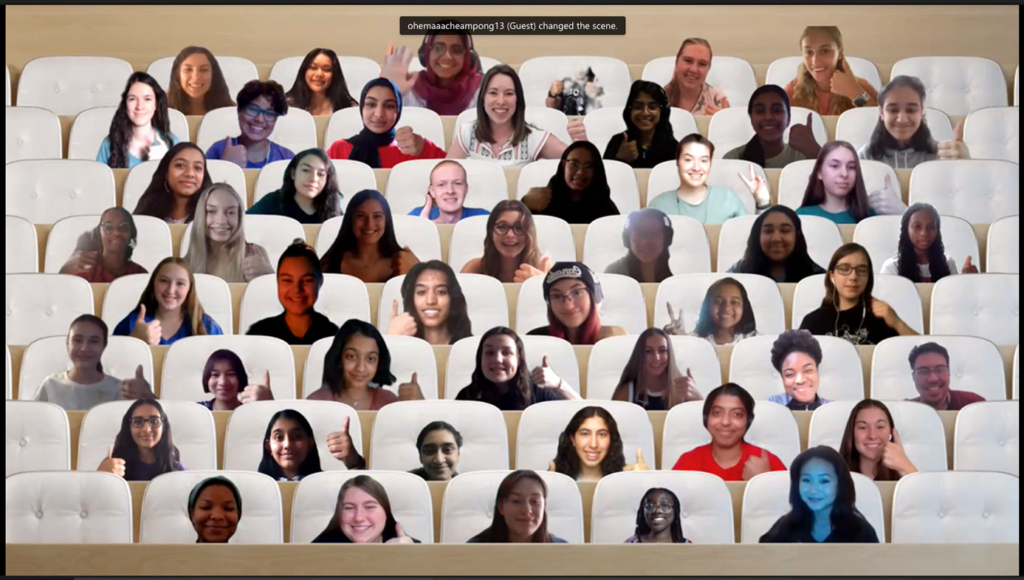
On Day Two, each team presented their design solution to a panel of judges consisting of iBioMed faculty and students. Teams received helpful feedback from the judges about their design solution. Participants also had the opportunity to learn more about iBioMed, life in university, being a woman in STEM and opportunities to get involved in their community.
I really enjoyed learning about the mentors’ experiences; they were very inspiring. I also really liked meeting my teammates and working with them to create solutions to problems. I think working with my teammates to design solutions was very fun.
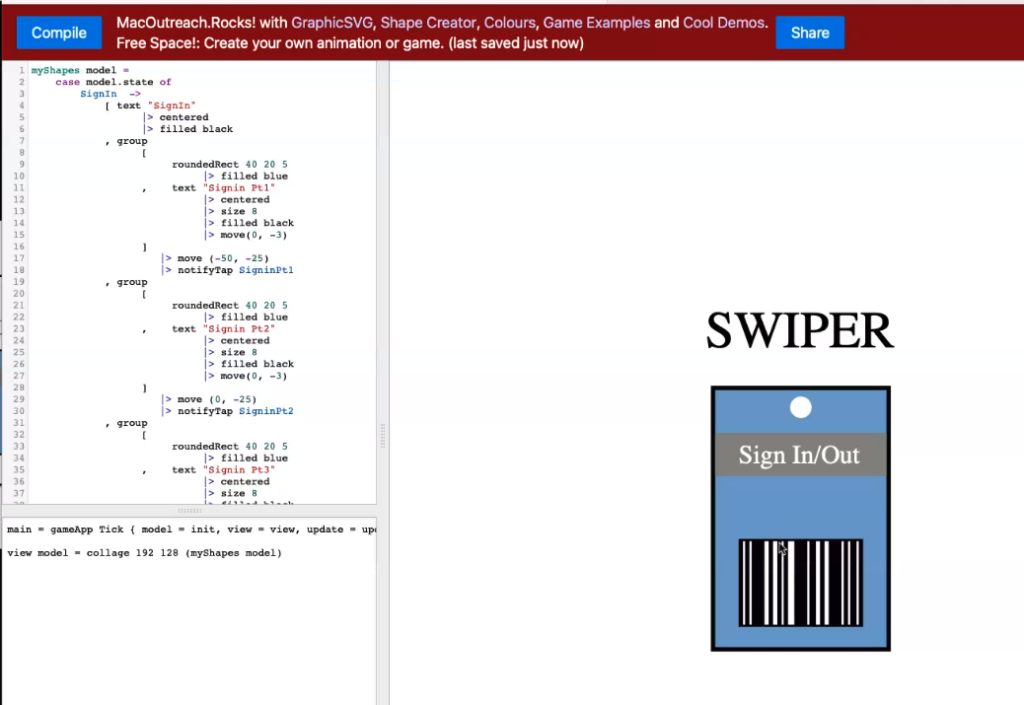
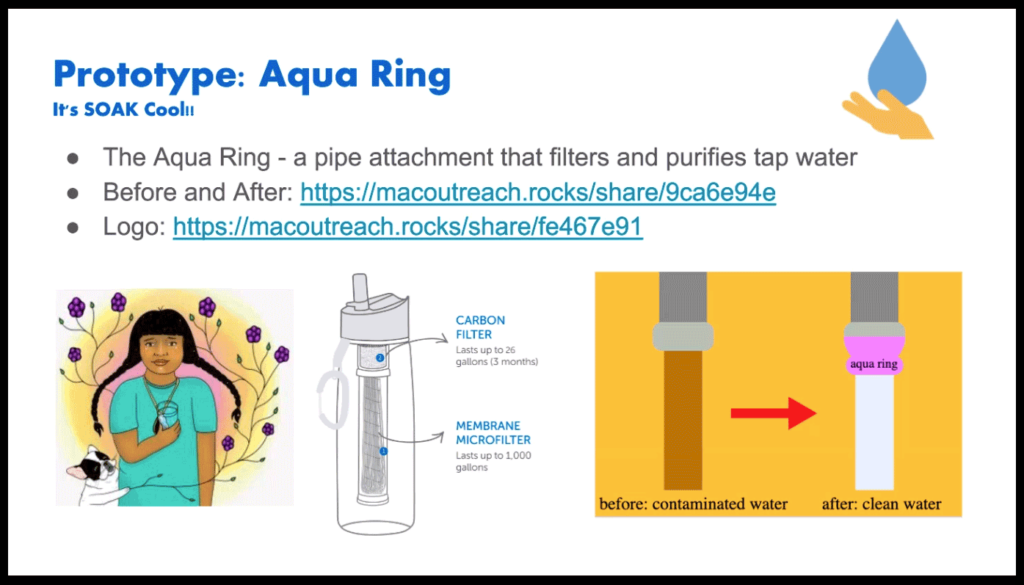
Not only was this event for female-identifying students, but much of the workshop material was developed by female-identifying students. Upper-year Health, Engineering Science and Entrepreneurship (HESE) students Yumna Irfan and Monica Banayoty played a large role in designing and delivering many workshops offered to participants.
Thank you to all the participants, faculty and students for making iBioMed’s first-ever Design Like a Girl event a success!
